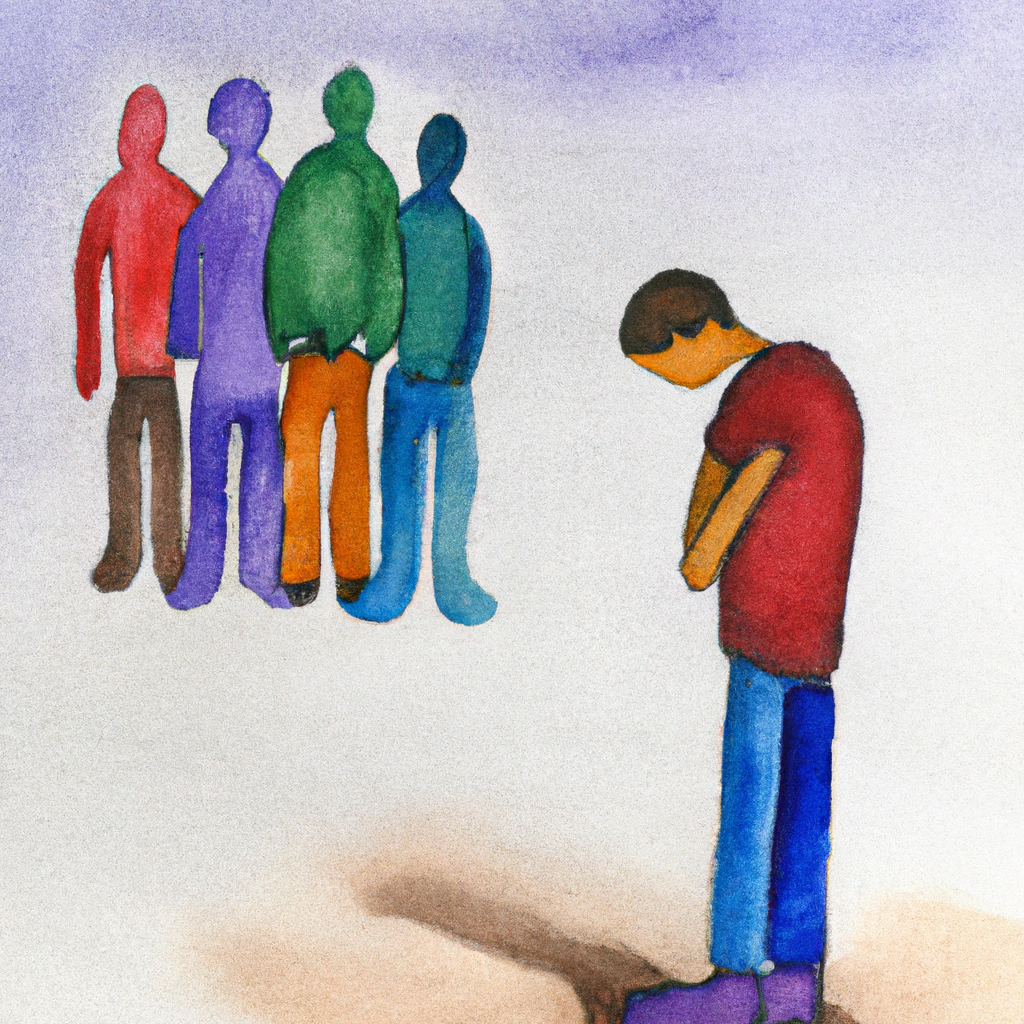Small groups can be incredibly beneficial for personal growth, community building, and spiritual development. However, many introverts struggle with speaking up and participating fully in these groups. If you’re leading or participating in a small group, you may have noticed that one or more introverts in the group tend to be quiet or reserved. In this blog post, we’ll explore seven reasons why introverts might not be talking in your small group.
1. Introverts Think Before They Speak
One of the most common reasons why introverts don’t speak up in small groups is that they need time to think before they speak. Introverts tend to process information internally and may take longer to form opinions or come up with ideas. They may need more time to reflect on what’s being discussed before sharing their thoughts.
2. Introverts Prefer One-on-One Conversations
Small groups can be overwhelming for introverts, especially if there are many people in the group. Introverts tend to prefer one-on-one conversations where they can connect more deeply and have a more meaningful exchange. In a small group setting, introverts may feel like they are competing for airtime and may struggle to get their thoughts across.
3. Introverts May Not Feel Comfortable in Any Size Groups
Introverts tend to feel more comfortable in smaller, more intimate settings. And what seems like a small group to an extrovert may feel like a large group to some introverts. In a setting like this, introverts may feel overwhelmed or anxious. They may feel like they are being watched or judged and may struggle to relax and be themselves.
4. Introverts May Not Want to Interrupt
Introverts tend to be polite and respectful of others. They may not want to interrupt someone who is speaking or feel like they are taking up too much space in the conversation. This can lead to introverts holding back and not speaking up even when they have something important to say.
5. Introverts May Not Like Conflict
Small groups can sometimes be contentious, with different opinions and perspectives being voiced. Introverts tend to shy away from conflict and may not want to express a dissenting opinion or disagree with others in the group. This can lead to introverts not speaking up and staying quiet even when they have a different point of view.
6. Introverts May Not Feel Heard
In a small group setting, extroverts may dominate the conversation, leaving introverts feeling like their voice isn’t being heard. If introverts feel like their contributions aren’t valued or appreciated, they may be less likely to speak up in the future.
7. Introverts Need Time to Recharge
Small groups can be exhausting for introverts, who need time to recharge their batteries after social interactions. If a small group meets too frequently or for too long, introverts may start to feel drained and may not have the energy to participate fully.
If you’re leading or participating in a small group, it’s important to be aware of the challenges that introverts may face in these settings. By creating a safe and supportive environment, giving introverts time to process information, and encouraging one-on-one conversations, you can help introverts feel more comfortable and engaged in the group. Remember, introverts have valuable contributions to make, and by creating space for them to speak up, you’ll be enriching the group and everyone in it.
